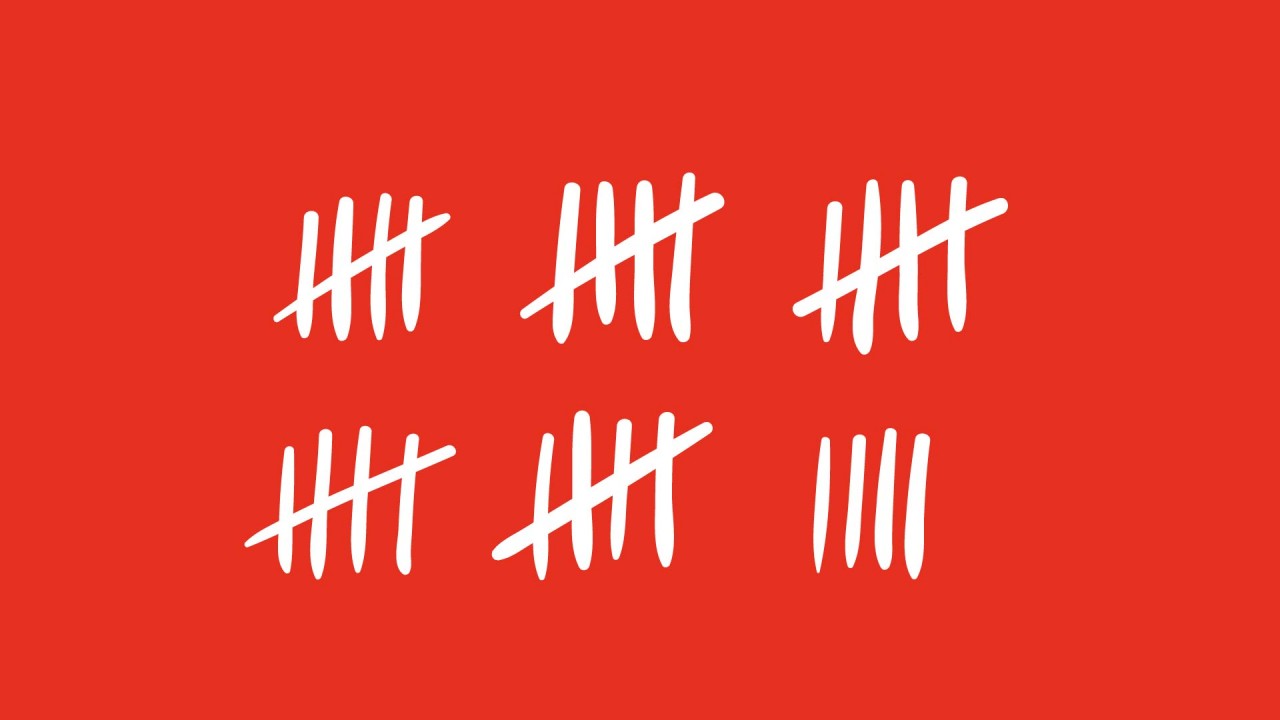.
Creating flexible work strategies that increase engagement, productivity and happiness
How are businesses adapting to the desire for new flexible working practices? What are the benefits for employers and employees alike? Well they’ll have a happier, more productive workforce for starters, says Laughologist, Vicky Rowan.
Post-pandemic changes
The pandemic has created new ways of working for many. After my mum was diagnosed with cancer out of the blue, a 4-day week sounded good. I could spend more quality time with her and the family and attend any necessary appointments.
But it’s not only been me who has realised that the four-day week would suit me better. The idea has been gaining popularity globally. But is it the answer to getting a better work-life balance for everyone? Can it improve the mental health and wellbeing of workers and retention of staff who are demanding a new, flexible agenda?
In my opinion, yes.
If organisations adopt a range of flexible options, they will see higher engagement and huge benefits. Yes, there may be a cost associated initially, but based on the data, it shows they will attract a more diverse and loyal workforce.
And it’s not just the 4-day week, there are a variety of new approaches to more flexible working following COVID, including working from home or working less hours in a day for the same pay, as well as more flexible hours.
Let’s dive a little deeper into these initiatives, shall we?
From an 8-hour work day to a 6-hour work day, for the same pay
It’s coming to the end of the 9-5 as we know it - something that’s been around since the industrial revolution. Adam Grant, New York Times bestselling author of Originals: How Non-Conformists Move the World, says, "The more complex and creative jobs are, the less it makes sense to pay attention to hours at all.”
People waste lots of time at work. Could focusing on our time management and outcomes help us get more done in six focused hours - rather than eight unfocused ones?
Experiments on how to have a more productive workday forced workers to prioritise more effectively, limit interruptions and improved their mental state, as they had more time for family, friends and hobbies they enjoyed.
The Microsoft 4-day work week saw increases in productivity
Microsoft Japan launched a 4-day working week experiment, giving all their workers every Friday off during August 2019. They cited a need for a shift in time management and to use technology for more collaborative online chat channels, rather than time-wasting emails and meetings.
As a result, they saw productivity rise by 40%, compared to the previous year. They also used 23% less electricity and printed 60% less pages. 92% of their workers reported being happier with the shorter week.
“Work a short time, rest well and learn a lot,” Microsoft Japan president and CEO, Takuya Hirano, said in a statement. “I want employees to think about and experience how they can achieve the same results with 20% less working time.”
Spain announced a 4-day week with less hours and full pay
Spain is set to become one of the first countries in the world to pilot the 4-day working week (32 hours), after the government agreed to launch a modest pilot with interested companies.
Software Delsol became the first in the country to implement it. Delsol saw a reduction in absenteeism, productivity went up and workers say they are happier. No single employee of 190 has quit since this new rule was adopted. Their sales even increased by 20%.
Workers want flexibility after COVID
Dan Schawbel, workplace analyst and author, says that for the time being, workers are more likely to focus on flexibility.
Flexible working hours is something that Laughology has always been proud of. The pandemic has shown that this is something that people value and my personal situation has led me to look into this even more. Truly flexible working should work around the person and the company. Four-day weeks sound great, but in reality you may have to work longer hours on those four days.
The nature of life means sometimes things change on the day and personal situations are thrown up unexpectedly. With four-day weeks, companies recommend all appointments should be taken on your day off. But life doesn’t always work like that, does it? So perhaps real flexibility comes out of conversations with your manager and team, working together to get it right.
Flexibility needs to be reciprocal
For me, working some shorter days and some longer days suits me. I now have more availability five days of the week for my family during this difficult time. But I know this is not always easy for certain industries. For example, for those organisations that need to provide customer service during standard office hours, a reduction in employee availability would be a challenge.
Flexibility must also work both ways, as taking time off can put strain on other members of the team. However, an organisation that is person-focused, promotes those values and has great managers will always be able to communicate and create ways of working that work for everyone.
The pandemic has transformed flexibility from a desired perk into a more likely reality. Post COVID, there is a greater need for organisations to offer a range of flexible options based on the needs of workers. But there is no one size fits all.
How are you using flexible working to benefit your people and your business?
We would love to know.
























